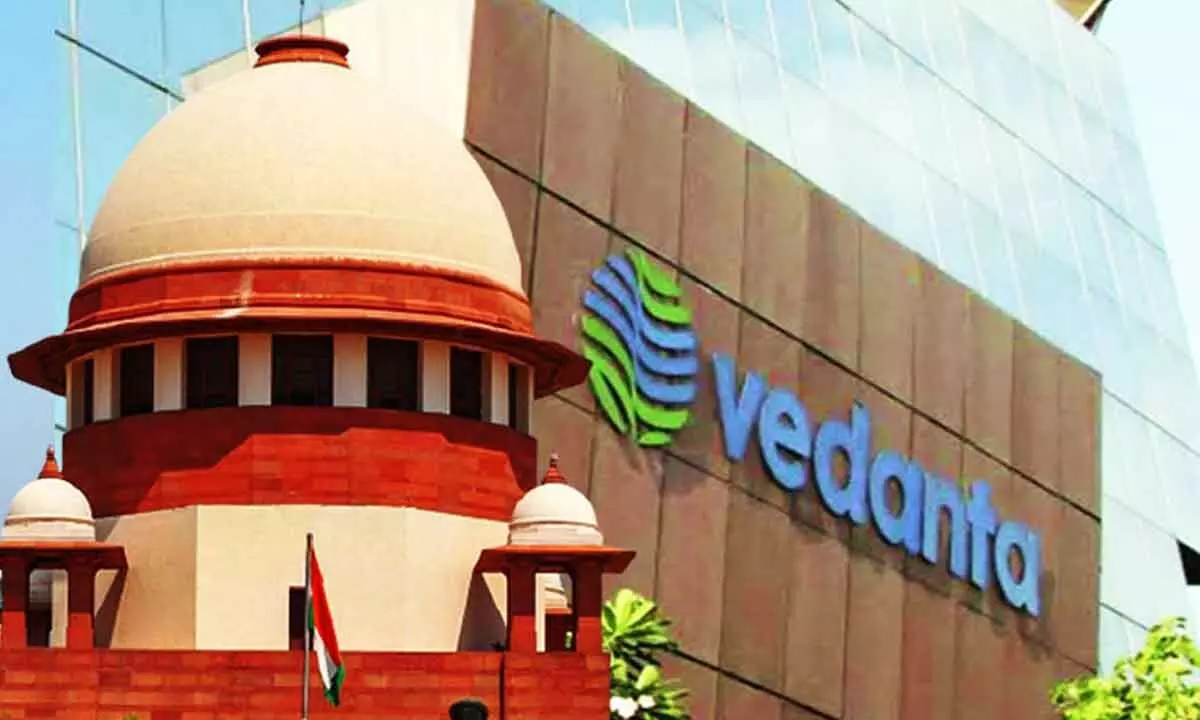SC nod to resume Vedanta’s copper plant operations will be a good move
image for illustrative purpose

The Supreme Court seems inclined to set up a panel to study the feasibility of resuming the Vedanta-owned Sterlite copper smelting plant in Tamil Nadu’s Thoothukudi (Tuticorin). The panel will comprise experts on environment and a representative from an IIT, which has a department on environmental studies. Although, the apex court is yet to pass an order for constituting a panel, the Tamil Nadu government is not in favour of such a move, which is not surprising considering that it was the state government that had shut down Sterlite Copper in 2018. This was after violent protests against the plant claimed 13 lives in police firing. The state government’s rationale was that the factory was not complying with environmental norms. With an output of more than 400,000 tonnes of metal ores annually, the plant accounted for 40 per cent of the country’s copper production. It directly employed 5,000 people and 25,000 indirectly.
The decision to shut down the Sterlite plant was shortsighted, a betraying knee-jerk response on the part of the state authorities, intended to divert attention from its own ineptitude that resulted in 13 deaths. The ineptitude was writ large. The protest was peaceful for 99 days but turned violent on the 100th day. Either it was a terrible failure on the part of the state intelligence or there was awful coordination among law-enforcement agencies. Taken under any parameter, Sterlite cannot be held culpable for the violence. This is not to say that the company cannot be blamed for anything, for it is no paragon of corporate responsibility; its record on the environment front was far from satisfactory. It was fined Rs 100 crore before the shutdown order. A penalty can and should be imposed for the violation of environmental or other norms. In fact, if need be, a company can be closed down and its officials and promoters be thrown behind bars.
However, no plant should be shut down because a clutch of vociferous radicals want so or some people don’t like it. The “government has issued an order to close Sterlite plant permanently for the sake of the people of Thoothukudi,” the then chief minister Edappadi K. Palaniswami had said. While people’s sentiments are important, a democratically elected regime cannot be forced to take a decision that has wide ramifications. For one, statecraft and economic policy should be governed by reason and facts, not sentiments and feelings. More crucially, assessment of environmental impact should be made by experts and genuine environmentalists and not by Left-leaning, anti-business doctrinaire activists. For such activists don’t arrive at their conclusions after carefully studying all facts; they already know their conclusions—the project should be shut down or not be allowed to come into existence. Hopefully, the apex court would soon order the constitution of an expert panel. One hopes that the plant will be allowed to restart its operations even if penalties are imposed on Vedanta. One should remember that the quest to emerge as a global economic power depends on such considerations.

